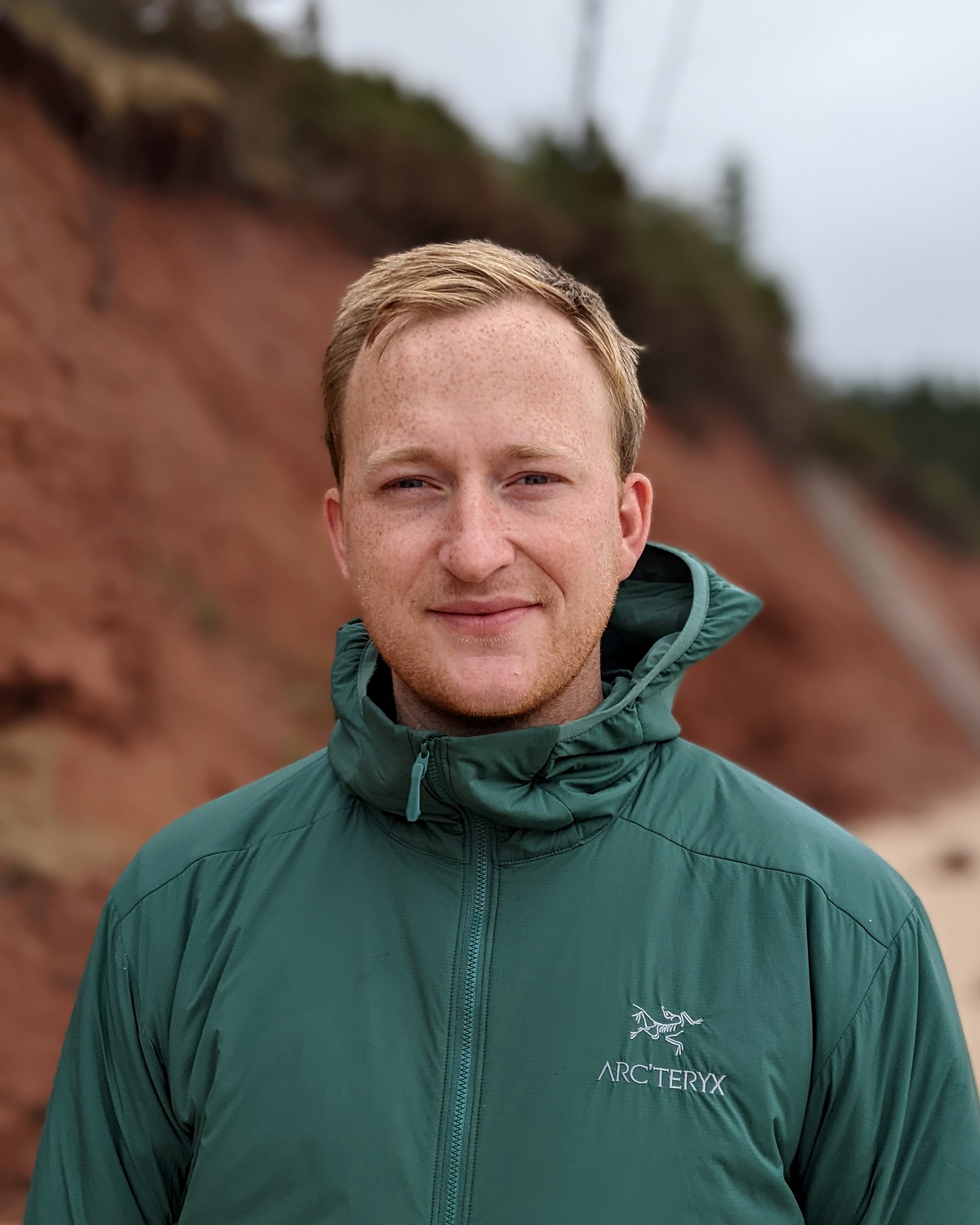About

Cameron Wade is the founder of Sutubra Research and a Principal at Evolved Energy Research. His work spans capacity expansion modelling, demand forecasting, and decarbonization pathway analysis for public- and private-sector clients across North America.
His research has been published in Nature Communications, covered by the New York Times, and cited by U.S. lawmakers—including an invitation to brief Senate staff on data center grid impacts. He is a core team member of the Open Energy Outlook at Carnegie Mellon University, a co-investigator on the CANOE pan-Canadian energy model, and serves on the Technical Advisory Committee for Canada's Energy Modelling Hub.
Wade holds a BSc in Physics and Mathematics from Acadia University and dual MSc degrees—in Applied Physics and Mathematical Engineering—through the Erasmus Mundus programme. His early research included work with the European Space Agency's Advanced Concepts Team and at the Institute for Integrated Energy Systems at the University of Victoria.
Google Scholar →